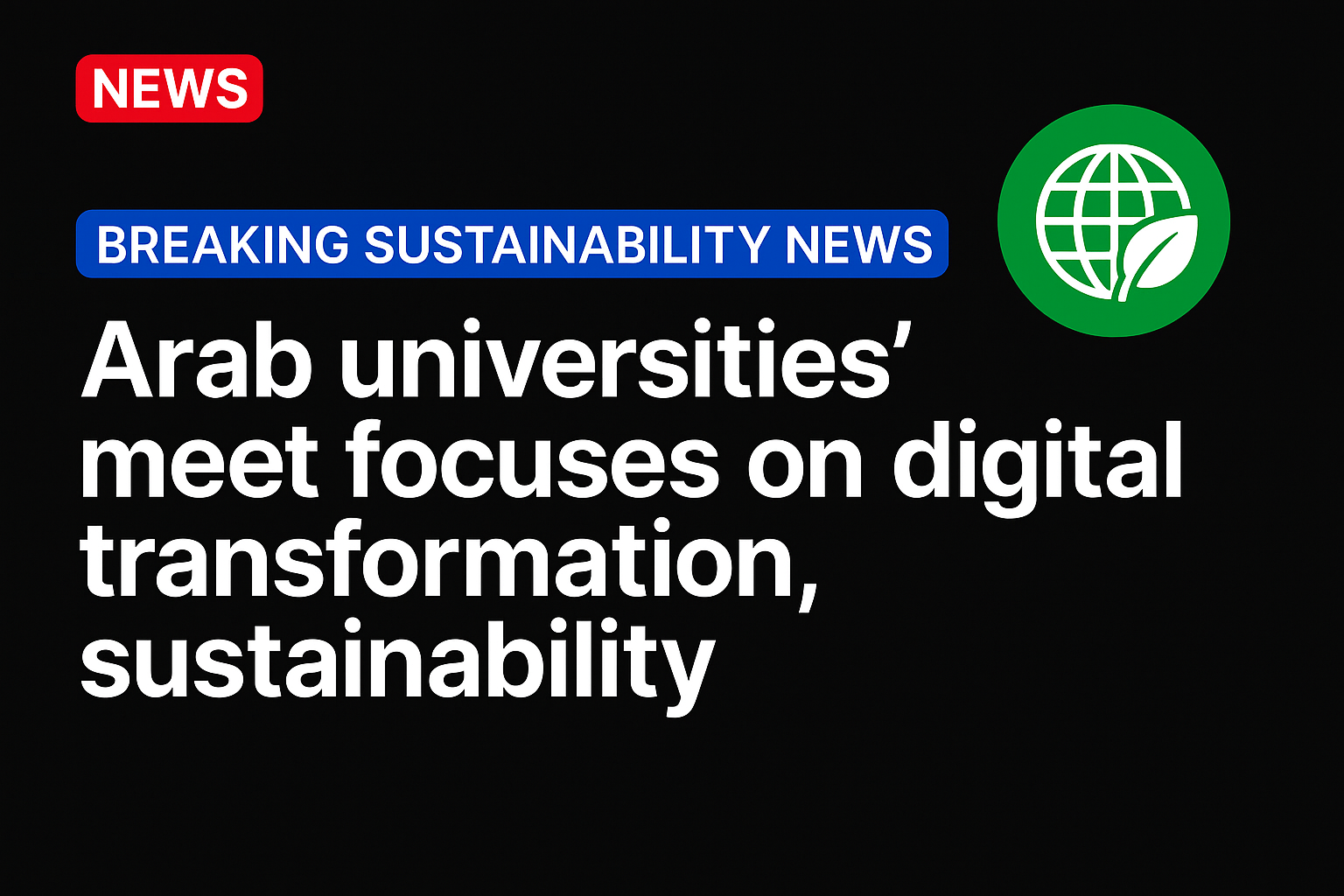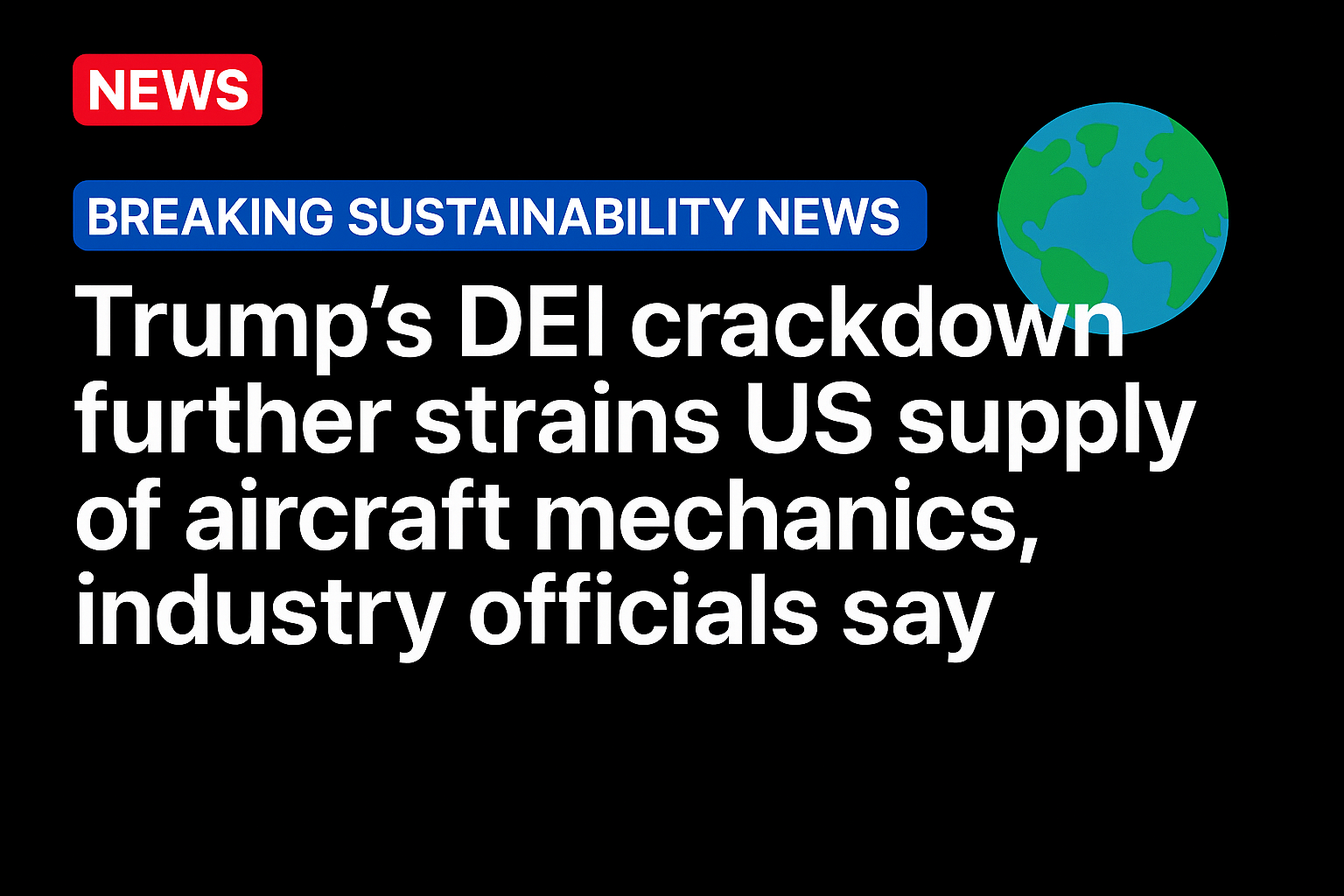Muscat – Held under the theme ‘Digital Innovation for Sustainable and Flexible Higher Education’, the Arab World Digital Universities Conference opened on Wednesday bringing together experts and leaders to discuss the latest global trends in digital university education.
The conference will review pioneering experiences in the transition to innovative and sustainable education and explore opportunities for cooperation between Arab universities in educational technology, artificial intelligence and blended learning.
The opening was held under the patronage of Khamis bin Saif al Jabri, Head of Oman Vision 2040 Implementation Follow-up Unit.
Organised by Ministry of Higher Education, Research and Innovation, in cooperation with Arab Open University, the two-day conference has drawn more than 300 participants and over 80 specialist from 28 countries. Nearly 70 higher education institutions are taking part, reflecting the growing regional drive to advance digital transformation in higher education.
Dr Mariam bint Belarab al Nabhani, Director General of Private Universities and Colleges at the ministry, said the conference focuses on two main pillars – digital transformation and sustainability – aimed at preparing skilled professionals capable of contributing to the global digital economy.
She added that the ideas, visions and partnerships emerging from the sessions will help build more flexible, sustainable and globally competitive Arab education systems.
The conference serves as a platform for university leaders, experts, industry partners and innovators to discuss the role of digital innovation in reshaping higher education. It highlights opportunities offered by digital transformation and AI to develop teaching and learning methods while advancing sustainability, globalisation and social responsibility in education.
Panel discussions and workshops cover a wide range of topics, including the future of hybrid and virtual learning, the impact of AI on higher education institutions, governance models in the context of digital transformation, and mechanisms to evaluate how universities adapt to technological changes and their impact on the lives of graduates post-graduation.
Source: https://www.muscatdaily.com/




